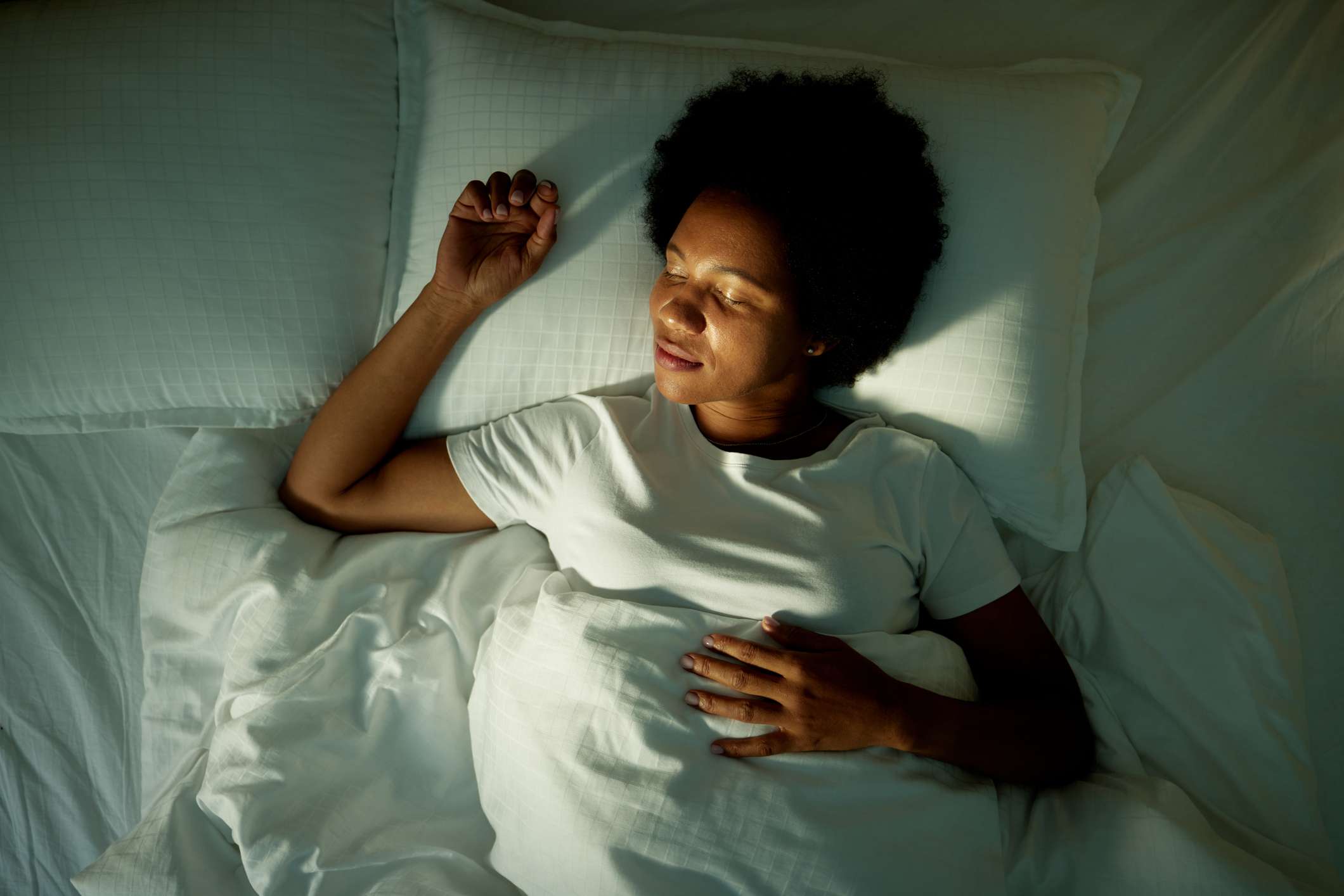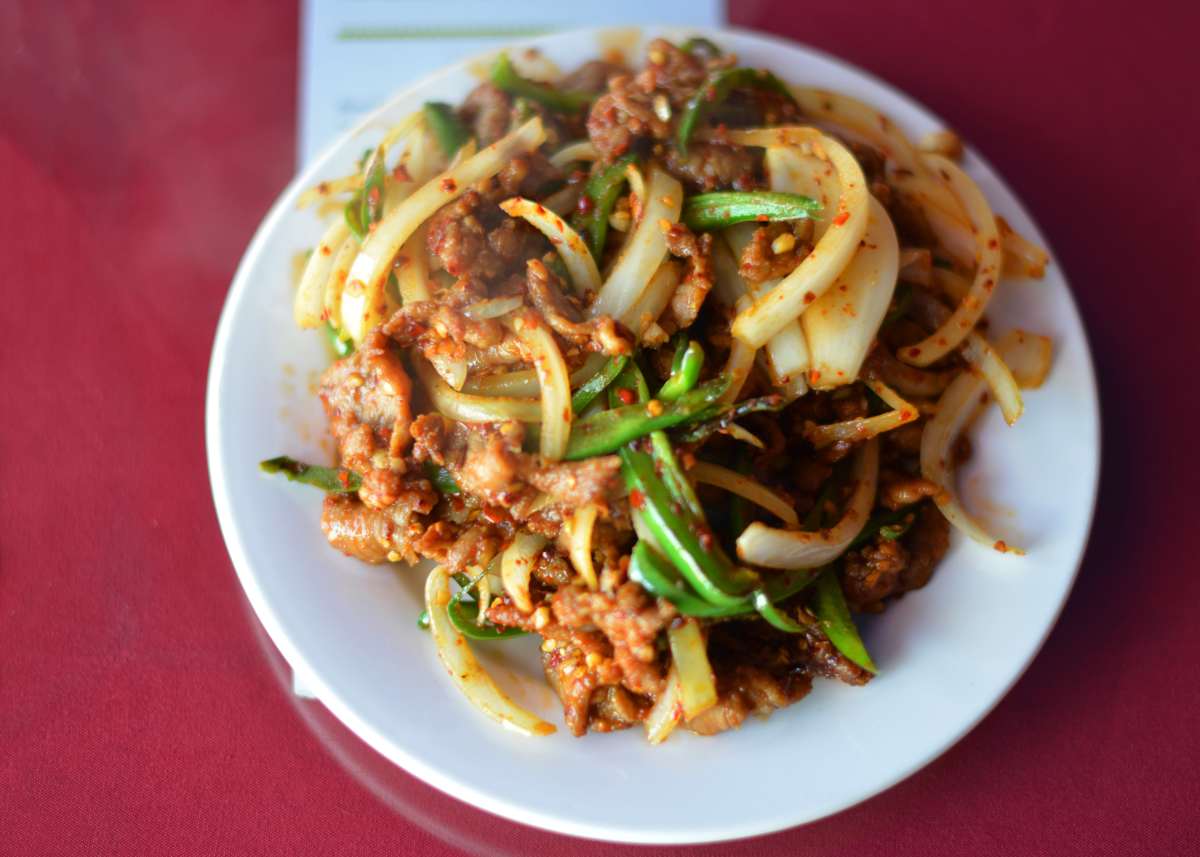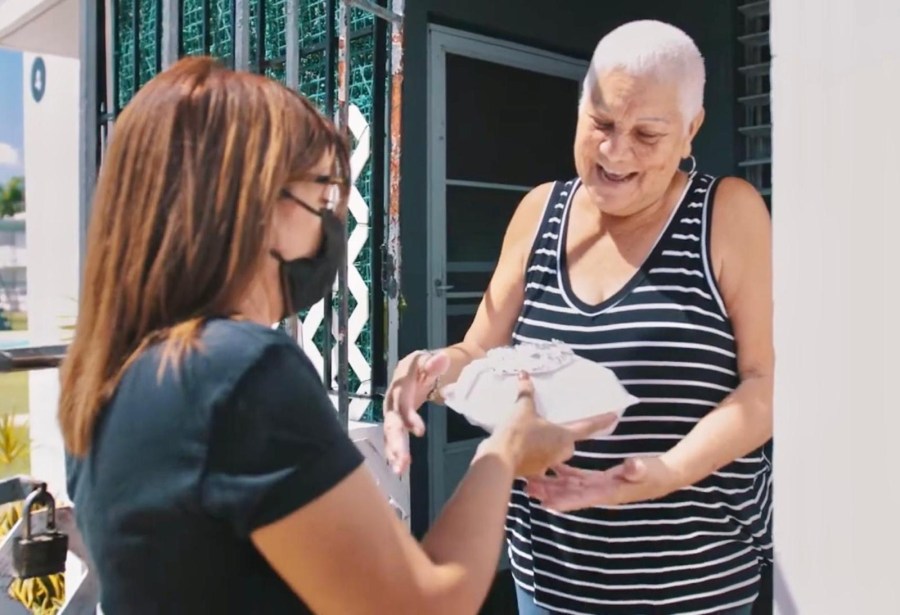DESTAK: Komunitas Tanga mengadvokasi akses inklusif terhadap layanan kesehatan seksual dan reproduksi
Tanga Community champions inclusive access to sexual, reproductive health services By Shallon Mwiza Tanga Community is addressing barriers that block adolescents, women and girls with disabilities, female sex workers and LGBTQIA communities from accessing sexual and reproductive health and rights (SRHR) services, calling for urgent reforms in policies, access to information, healthcare delivery, and social awareness. ALSO READ: 10 key things to know about Rwanda’s new health services bill The study, conducted by Tanga Community, an initiativey dedicated to advancing the rights of diverse women, girls, and young people, recognises Rwanda’s progress in expanding healthcare but warns that persistent legal, cultural, and structural barriers continue to deny the country’s most vulnerable populations access to information essential services in relation to sexual and reproductive health. The research that surveyed 292 participants across eight districts, found that nearly one in three Rwandans lacks essential knowledge on how to access reproductive health services. The study focused on four key groups that included adolescents, female sex workers (FSWs), people with disabilities, and LGBTQIA individuals, revealing widespread information gaps, stigma, and systemic and structural barriers. ALSO READ: Surrogacy & IVF: Five offences, penalties for abusers of new health bill Josiane Uwizeyimana, a staff member at Tanga, said that the idea for this research stemmed from the desire to understand the ongoing issues affecting access to information and services related to sexual and reproductive health. “We looked at the high rate of teenage pregnancies and wondered, why is the situation still the same despite the government’s efforts to address this problem? This motivated us to carry out the research,” she said. Among female sex workers, at least 75% were found to lack sufficient knowledge about reproductive health and prevention of sexually transmitted infections (STIs). The study also revealed that 73% of adolescent girls, 70% of LGBTQIA participants, and 50% of people with disabilities lacked adequate information on SRHR services. Chantal Uwizeyimana, representing people with disabilities, highlighted accessibility as a major issue for the group. “There are times when these services are available at health centres, but getting there is a challenge, confidentiality is another concern, particularly when patients must be accompanied to clinics,” she said. For women and girls with disabilities, the report highlights the urgent need for inclusive healthcare policies. Recommendations include improving physical accessibility in health facilities, producing SRHR materials in formats like Braille and sign language, and supplying mobility aids such as wheelchairs in clinics. Healthcare workers are also encouraged to receive ongoing training in disability-inclusive care, while accountability systems should be established to monitor discrimination and rights violations within medical settings. Djamali Shema, from the Feminist Action Development Ambition (FADA), noted that stigma and fear of mistreatment prevent many from seeking services. “Even those who are informed feel ashamed to seek sexual and reproductive health services at health facilities, fearing they may be ostracised or marginalised. We need awareness campaigns so that people understand LGBTQ members are just like everyone else, and those who abuse them should face stronger consequences.” Shema, however, highlighted government efforts, including the establishment of special health services targeting vulnerable groups, though gaps remain. The report’s recommendations include integrating information on sexual orientations and gender identity and expressions into school curricula, mandating healthcare provider training on inclusive care, and enacting explicit legal protections against discrimination in health facilities. The study also calls for consistent and sustainable national budget allocation to SRHR information and services accessibility and and support for LGBTQ -led organisations, which play a crucial role in peer education and psychosocial support, alongside nationwide campaigns to normalise inclusion and challenge stigma. Beyond the law, the report stresses the need to expand youth-friendly services in rural areas through mobile clinics, bolster comprehensive sexuality education (CSE) in schools and communities, and tackle stigma through national awareness campaigns. The report also urges greater adolescent involvement in SRHR programming and calls for investments in YEGO centres, ensuring these facilities are stocked with condoms and staffed by trained, youth-sensitive personnel.
Disediakan oleh SyndiGate Media Inc. (Syndigate.info).
- 5 Cara Terbukti untuk Tidur Lebih Cepat - February 22, 2026
- Kemendikti Tetapkan Dua Guru Besar dan Empat Lektor Kepala di Unika St. Paulus Ruteng - February 22, 2026
- FK Unusa Kolaborasi dengan Universiti Sains Malaysia, Tingkatkan IPM Melalui Program Fellowship - February 21, 2026



Leave a Reply